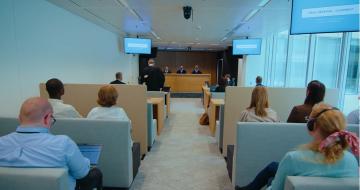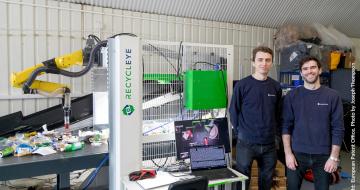Although the legislation on intellectual property for software, databases and semiconductor topographies (chips) is based on copyright, the issue of creations produced under an employment contract is settled differently. The basic principle is that the employer is assumed to acquire the intellectual property rights to the software , databases and semiconductor topographies, unless the employer and employee have agreed otherwise. This is a legal presumption of the transfer of the intellectual property rights to the employer. The employee is responsible for proving that the presumption does not apply, for example because the work was not created under an employment contract. This rule does not apply to databases in the cultural sector. In that case, general copyright law (the employer must obtain the rights by agreement) applies.
The sui generis right on databases is less problematic because in principle it is the producer, i.e. the person who has invested in the creation of the database, who enjoys the rights. In the majority of cases, this will be the employer.
If all these types of creation are produced as a result of a third party commission, the person who made the commission can only obtain these rights, if it was expressly set out in an agreement - concluded with the author or employer, depending on the case.


